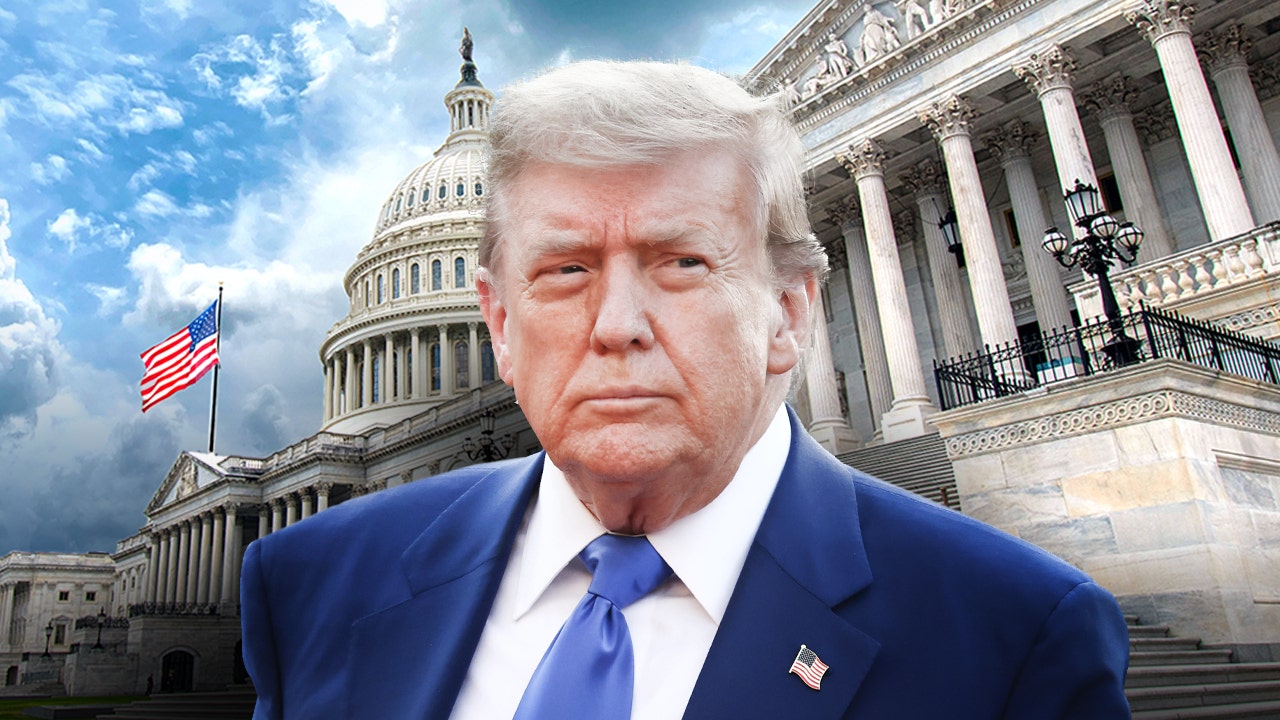House Speaker Mike Johnson is teasing plans to pass two more pieces of budget legislation over the next year in the same way Congress eked through the One Big Beautiful Bill Act.
The Louisiana GOPer — speaking hours after wrangling President Trump’s marquee bill through Congress — said Republicans intend to take advantage of their remaining reconciliation bills: special budget-related measures that can bypass a Democratic filibuster in the Senate.
“The reconciliation bill today was a big, giant leap forward. But we’re going to do this again. We’re gonna have a second reconciliation package in the fall and a third in the spring of next year,” Johnson said on Fox News’ “Ingraham Angle” on Thursday — without going into specifics.
“And we’re going to have rescission packages. The White House is sending us collections of items to claw back the spending that was wasted,” he said, referring to legislation that cancels previously authorized spending. “And we’re going to appropriate at lower levels.”
During the roughly 29-hour slog to pass the Senate’s version of the One Big Beautiful Bill Act, GOP leadership had privately assured some of the holdouts that there would likely be additional reconciliation bills in the future.
But many Republicans were left with the impression that future reconciliation bills will be much smaller in scale and lower stakes than what they barely managed to squeak through Congress this week.
“I bet there will be another reconciliation package. I don’t think it’ll be as big. I think there’ll be some targeted stuff,” Rep. Chip Roy (R-Texas) told The Post. “But I think there’s a good chance of that.”
House Freedom Caucus Chairman Andy Harris (R-Md.) added to The Post, “There’s likely to be a second and third reconciliation bill that would not be as significant” as the megabill that passed Thursday. “Obviously, we may have to clean up some matters.”
The One Big Beautiful Bill Act — which the presidennt is set to sign into law July 4 — is an 870-page piece of legislation that lays out Trump’s signature legislative agenda, including an extension of the 2017 tax cuts, reduced taxes on tips and overtime pay, increased domestic energy production, bolstered border security, ramped up defense spending and spending cuts.
Rep. Warren Davidson (R-Ohio), who voted against the initial House version of the megabill in May, claimed that he flipped to vote in favor of it partly due to the promise of a future reconciliation bill.
Over recent years, Republicans and Democrats have leaned on reconciliation to pass partisan legislation that doesn’t require votes from the other party to reach the 60-vote threshold to break a Senate filibuster.
During Trump’s first term, Republicans used reconciliation to pass the Tax Cuts and Jobs Act of 2017. Under former President Joe Biden, Democrats used it for the American Rescue Plan and the Inflation Reduction Act.
Johnson has publicly speculated that Republicans were crushed in the 2018 midterm elections because they passed the Tax Cuts and Jobs Act of 2017 too late for voters to reap the benefits. It cleared Congress in December 2018.
That’s a big factor in why he pushed to get Trump’s signature megabill across the finish line by this Fourth of July.
“We basically enacted in this agenda what we did in the first two years of the [first] Trump administration, but this time, we did it on steroids,” Johnson said. “We added all sorts of other policies to really fuel the US economy.
“Everyone will be experiencing that before the midterms.”
Republicans will face a government shutdown fight next
But the next real political headache Johnson is staring down isn’t the future reconciliation bills. It’s the partial government shutdown that’s looming in the fall.
Every fiscal year, which starts Oct. 1, Congress has to fund the federal government through the appropriations process, or else its lights go out.
Unlike reconciliation, appropriation bills to fund the government need to overcome a 60-vote threshold to break a filibuster in the Senate. Republicans only have a 53-seat majority, which means they’ll need to get Democrats on board.
Fiscal hawks on the Republican side have been keen on maximizing spending cuts, putting leadership in a jam between its hardliners and the need to negotiate with Democrats.
Right now, government funding is effectively running on autopilot after Congress barely passed a spending patch in March to avert a partial shutdown.













